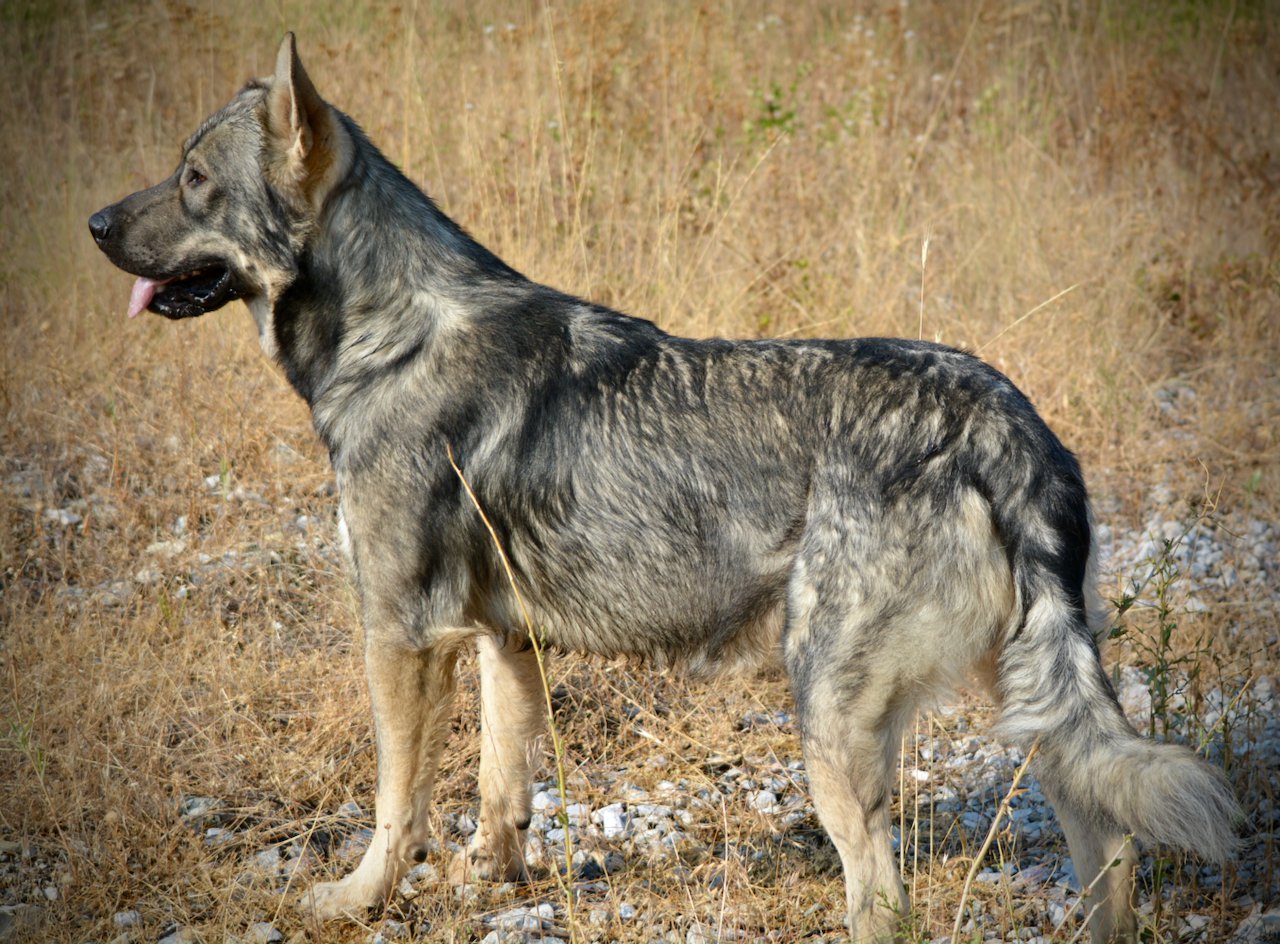Rescued or exploited? See beyond the saviors!
By Jennifer Stoeckl, MAT - Dire Wolf Project CEO, May 2, 2024
Because there is no national reporting requirement for animal shelters and rescues, data is limited, but we do know certain key facts about the RETAIL RESCUE trade.
The statistics below were collected from the following sources: NAIA, AHSA, and ASPCA.
- 3,100,000 dogs entered the animal shelter in 2019.
- Around 75% of shelter dogs are unknown mixed breeds.
- Approximately 2,000,000 dogs are adopted from shelters every year.
- About 20% of adopted shelter dogs find themselves back in the shelter six months later.
- 1,200,000 shelter dogs are euthanized each year.
- Of the dogs entering shelters, approximately 35% are adopted, 31% are euthanized and 26% of dogs who came in as strays are returned to their owner.
In 2006, the Centers for Disease Control (CDC) estimated annual foreign dog imports at around 287,000.
In 2019, the CDC estimated annual foreign dog imports to be more than a million, making the foreign importation of stray dogs very big business for so-called not-for-profit rescues and shelters.
Here’s one example:
In 2017, one rescue group that imported three rabid rescue dogs from Egypt to the U.S. had tax-free revenues of $1,110,274.
In the nearest animal shelter to me, SpokAnimal, thousands of dogs have been IMPORTED each year from outside the area.
In 2022, of the shelters in the Dallas/Fort Worth area:
- 14,000 dogs were received.
- 2,600 of those were euthanized.
- 6,000 were rehomed.
- 2,000 were returned to their owners.
- 2,700 were transferred out of the area.
- and 700 remained in the shelter at the end of the year.
If that wasn’t bad enough, Patti Strand from NAIA reveals…
“Imported dogs are reintroducing diseases and parasites that were previously eliminated in the U.S. Dogs imported from South Korea introduced canine flu in 2015, which required the development of a new vaccine and more recently a new strain of the distemper virus arrived. Making matters worse, our animal populations have no immunity to many strains of these imported diseases, so disease progression can be fast-moving.
“In addition to new and lethal strains of distemper and canine influenza, multiple rescue dogs have been imported carrying canine brucellosis and countless vector-borne diseases like ehrlichiosis, babesiosis, and leishmaniasis. These diseases and parasites are becoming common in the destination sites for international rescue dogs.
“For example, prior to rescue relocation programs, there were no native cases of heartworm in the Pacific Northwest. Now, due to interstate transport programs dog owners throughout the region must treat their dogs monthly to prevent heartworm infections.”
Dog trafficking is real, folks.
Know where your dog comes from!
Know its:
- ancestry
- inherited genetic health
- inherited temperament
- breeders
Receive a lifetime genetic health guarantee.
Possess one-on-one access to puppy/dog training advice from the person who knows your dog the best.
Gain access to a thriving community of knowledgeable owners who’ve been there, too.
Receive your next furry companion from a compassionate, dedicated breeder who knows where EVERY SINGLE DOG is placed and NEVER allows any DireWolf Dog to find itself in a shelter or pound.
The next litter is scheduled to arrive June 7th.
Prepare yourself for an outstanding group of puppies with hundreds of hand-picked companion dogs throughout its pedigree.
I know every single one of those dogs in the pedigree PERSONALLY!
Here’s the link to find out more about the Monster Movie Litter out of Cookie Monster and Jesse:
https://direwolfdogs.com/litters/64/
Some amazingly calm giant long-haired puppies coming up!
I can’t wait to meet them.
Jennifer Stoeckl is the co-founder of the Dire Wolf Project, founder of the DireWolf Guardians American Dirus Dog Training Program, and owner/operator of DireWolf Dogs of Vallecito. She lives in the beautiful inland northwest among the Ponderosa pine forests with her pack of American Dirus dogs.

